Challenges and Benefits of Mobile Subscriptions
The challenges and benefits of using Subscriptions in your App.
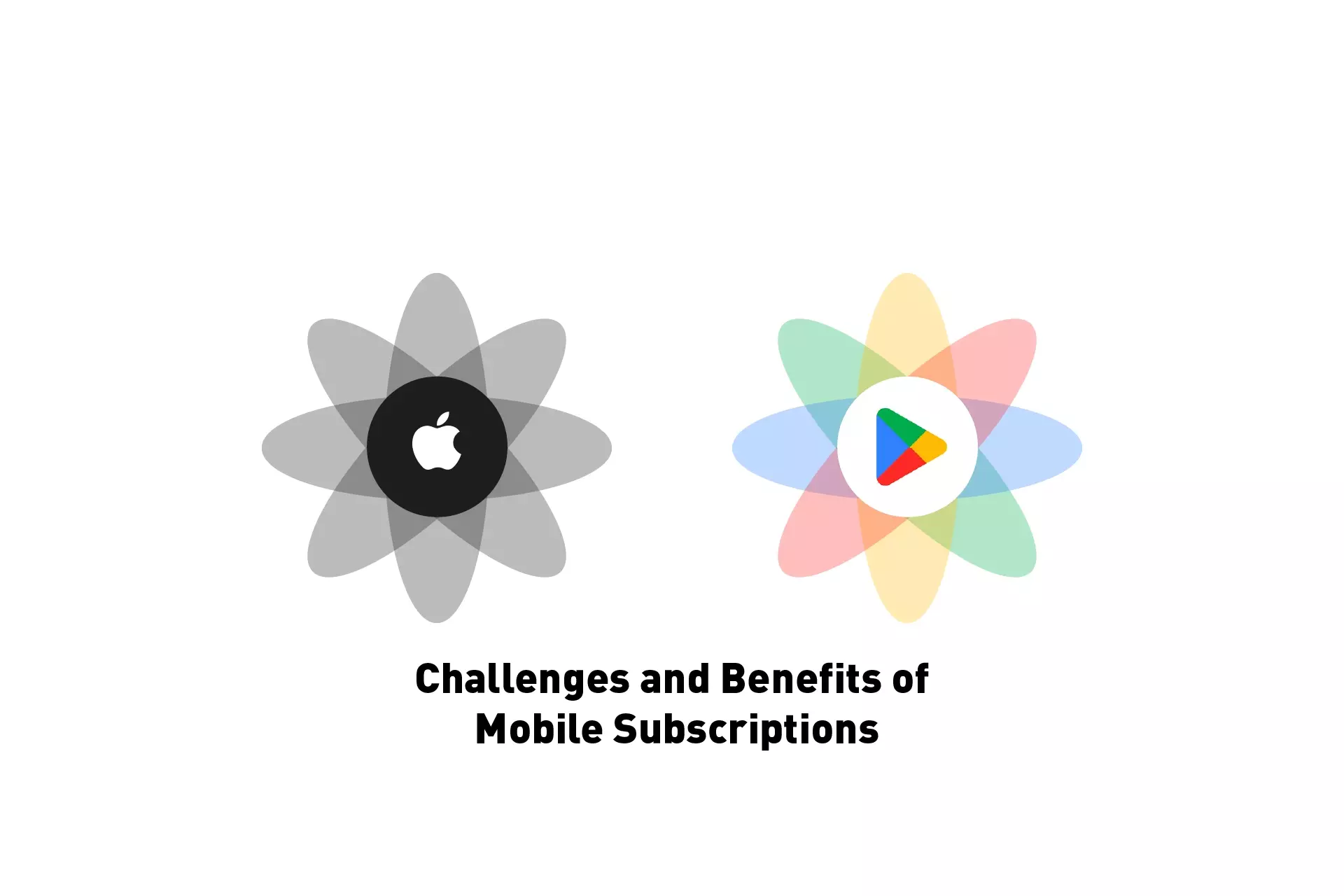
The challenges and benefits of using Subscriptions in your App.
SubscribeSubscriptions offer business the opportunity to implement items or experiences that can either be:
- Time-limited at a one time fee. These are known as non-renewing subscriptions or one time subscriptions.
- Eternal with a customer having to pay a fee at the start of each transaction period (i.e. weekly, monthly or yearly) in order to maintain a level of service. These are known as auto-renewable subscriptions.
Subscriptions come with a set of challenges and benefits, which should be considered and strategized over, before being implemented.
Freemium Model
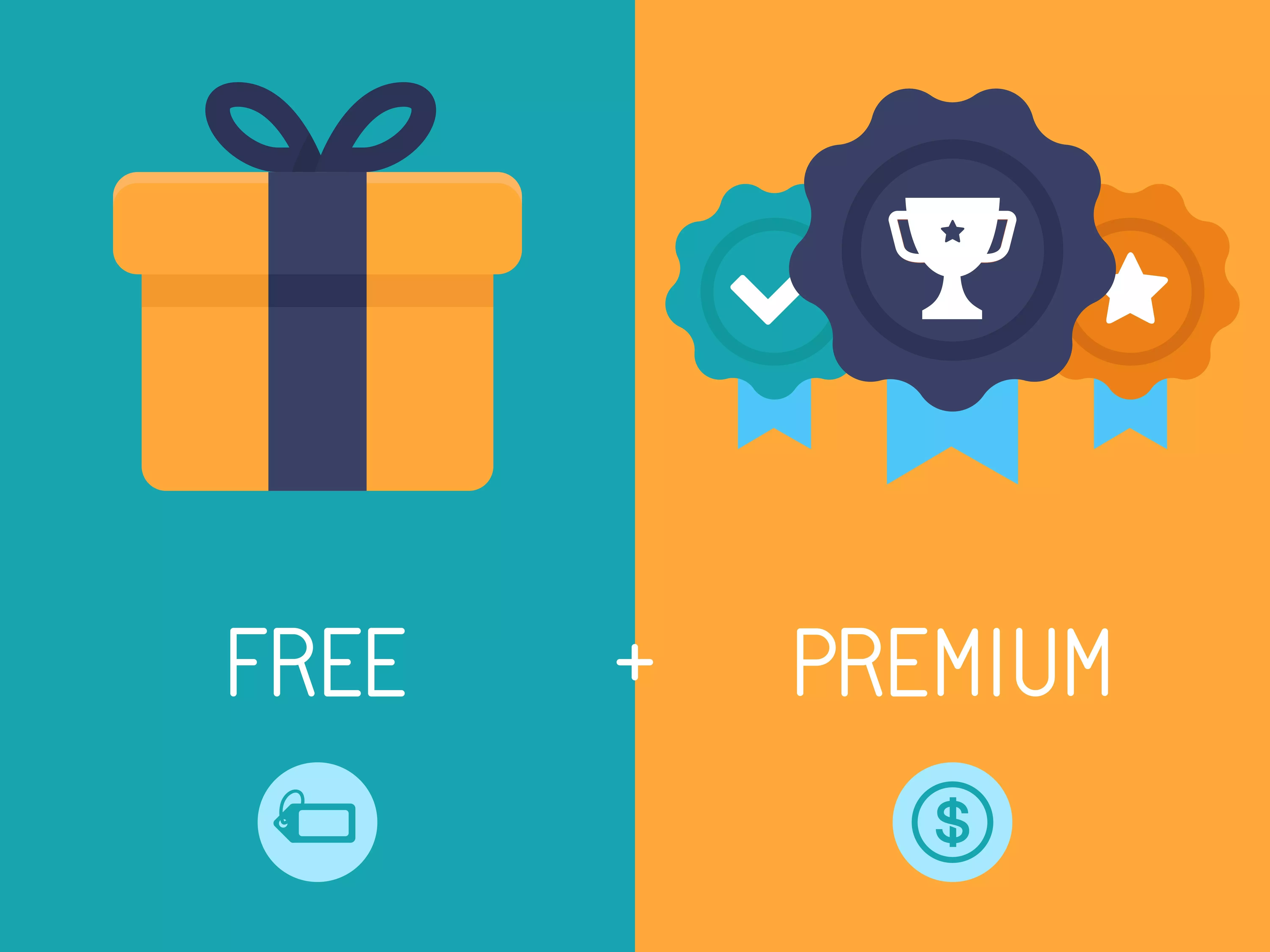
With 94.2% of apps on App Stores being free to download, modern customers expect to be able to download an app for free and try out a service through a discount or free trial before making an investment.
This can be seen by the trial periods that are offered by premium services such as the NBA League Pass or Netflix, who demonstrate the on-going value that's obtained through their service before demanding full price.
Freemium models remove the chance of buyers remorse, which occurs when a customer pays for an app up front and then finds out that it's not worth what they paid for. Freemium apps also lead to greater exposure and a larger customer base, which results in more reviews, word of mouth and ultimately, paying customers.
Higher conversion rates can be achieved by carrying out research and discovering the pain points of your app. This process enables you to find out where a customer could be given exclusive access to features or services that have on-going value. If the feature or service has a time limit, you should consider using non-renewing subscriptions.
According to research, a good conversion rate is between 2-5% of customers, for apps with a large customer base, with higher numbers (up to 50%) for niche apps with a dedicated customer base.
Introductory Offers, Promotional Offers & Offer Codes
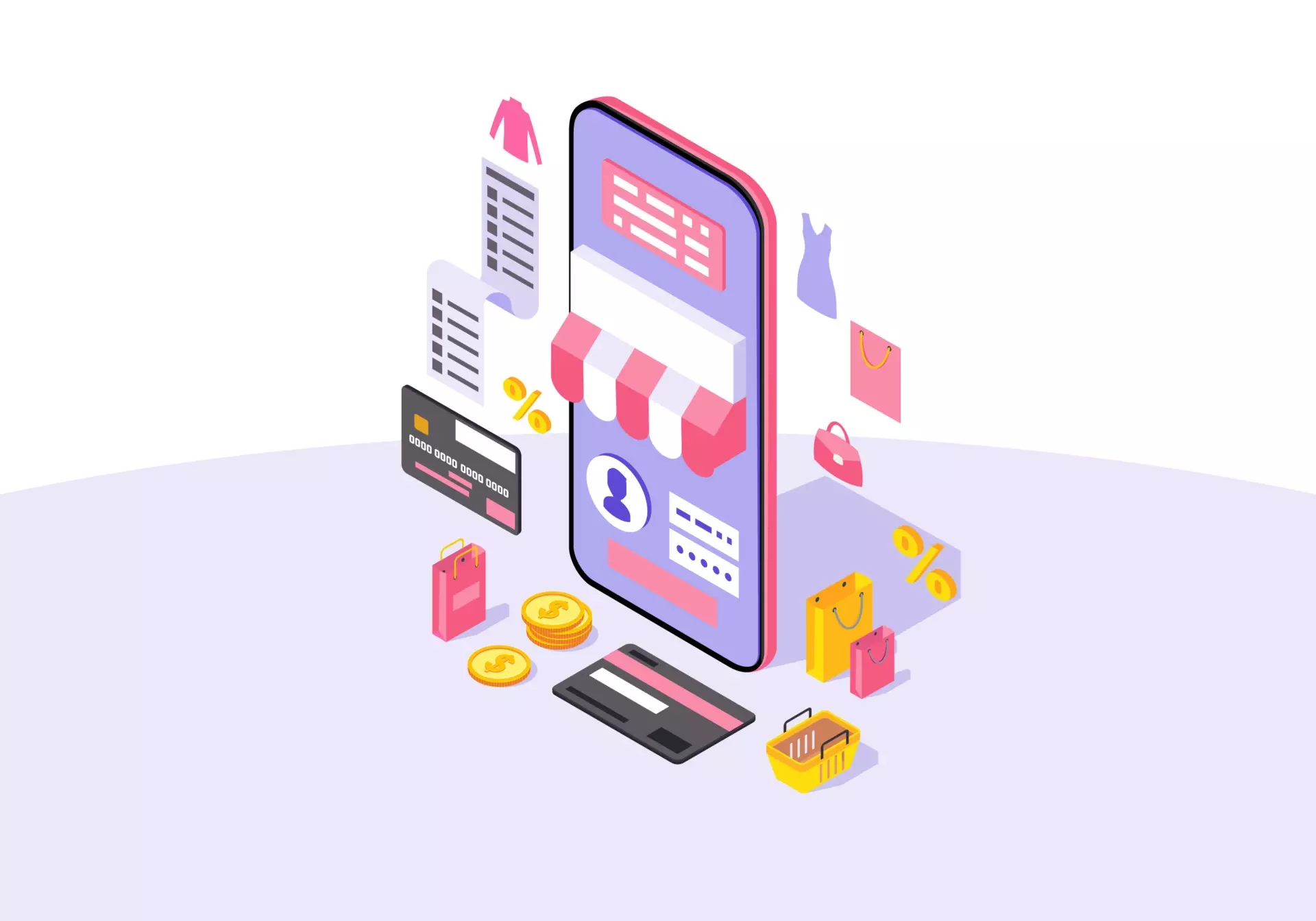
Customer acquisition and retainment is top of mind for most businesses, who are constantly looking for strategies to bring in new customers. Subscriptions come with the added benefit of being able to entice users to join your business, upgrade to a higher level of service or win back customers through introductory offers, promotional offers or custom offer codes (a coupon).
We recommend reading our guide on Popular Offer Mechanics to get a better understanding of how to use offers and the market behavior around them.
A fantastic feature of the Apple App Store is App Store Server Notifications which gives you insight into all the transactions that occur on your app and grant the ability to generate custom offer codes and promotional offers programmatically, allowing you to market personalized offers to your customers.
Engagement & Loyalty
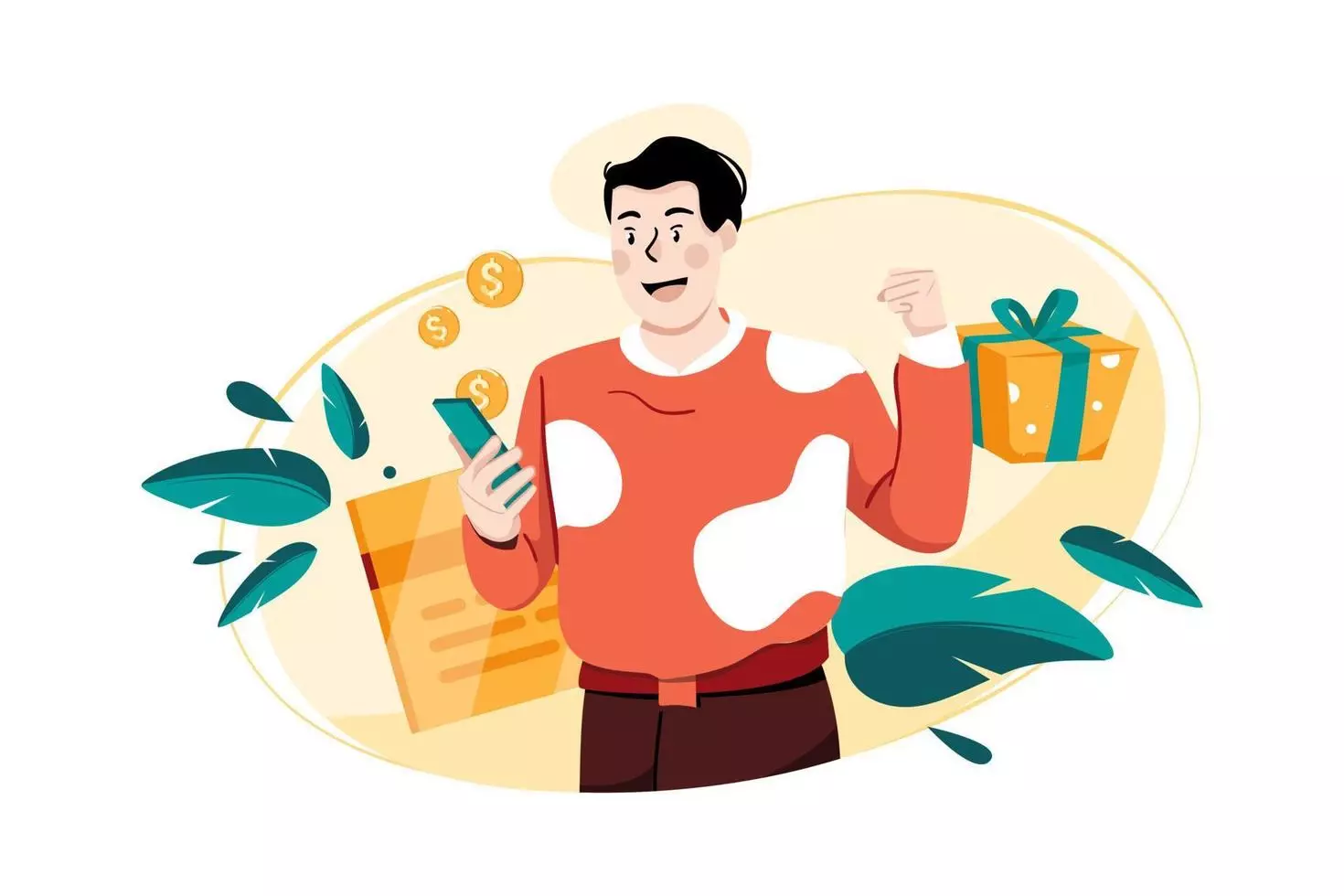
Subscriptions have demonstrated to boost engagement and loyalty but must provide on-going value through daily rewards or challenges, new content or innovative features. If the service is not attractive enough to bring customers back regularly, customers will disable their subscription and walk away from your business.
To meet this challenge, you must either invest in or develop new content, experiences or features that meet your audience is expectations.
Steady Income
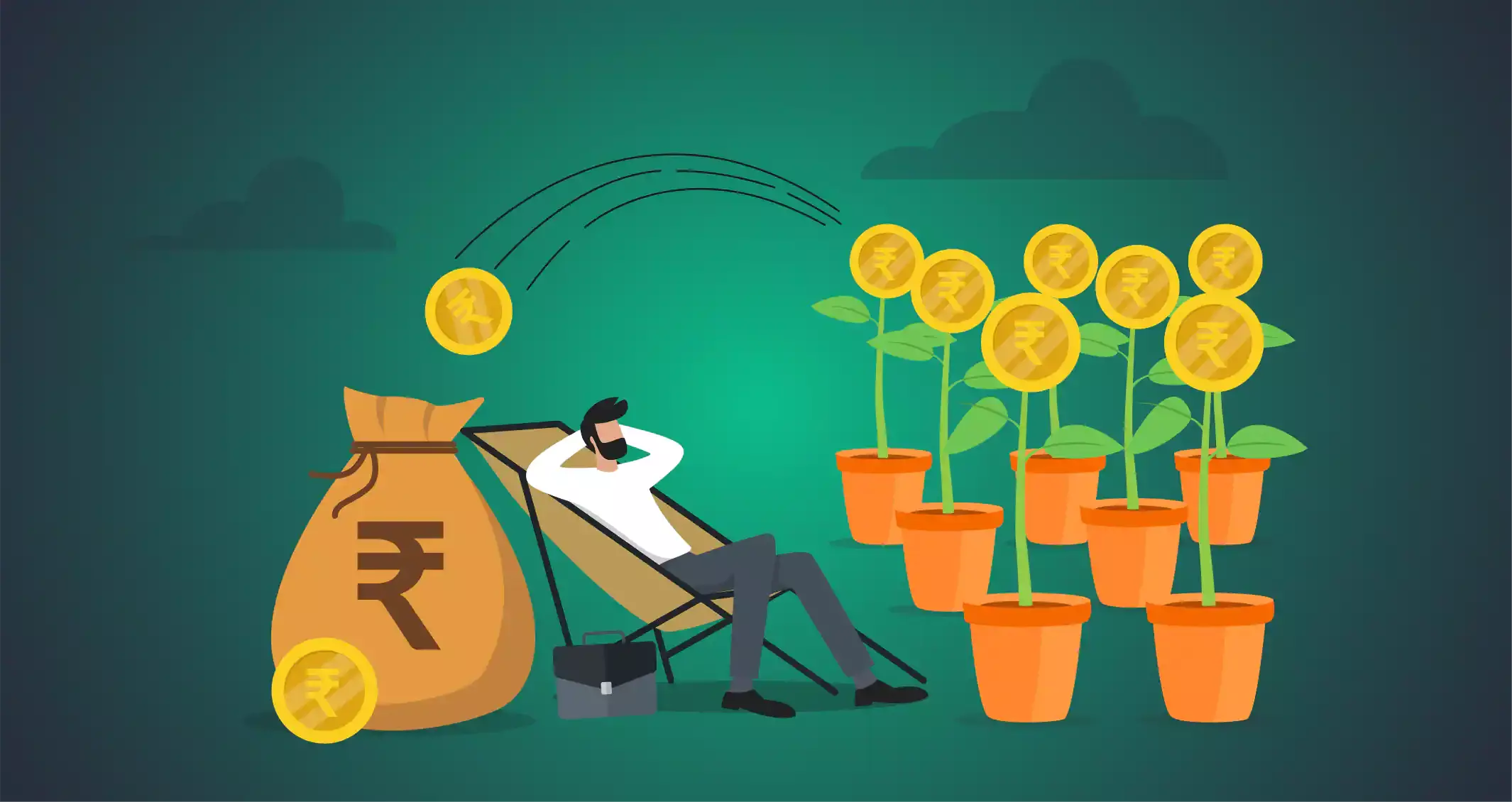
Subscriptions bring significant revenue to App Stores, with 7.1% of customers making a monthly payment for services and generated $17.1 billion in 2022.
Subscriptions also come with a reduced commission from Apple and Google to encourage business to develop subscription based services
- Apple: 30% in the first year and 15% in subsequent years, compared to In-App Purchases that are always 30%.
- Google: 15% for Subscriptions, 30% for In-App Purchases.
Security
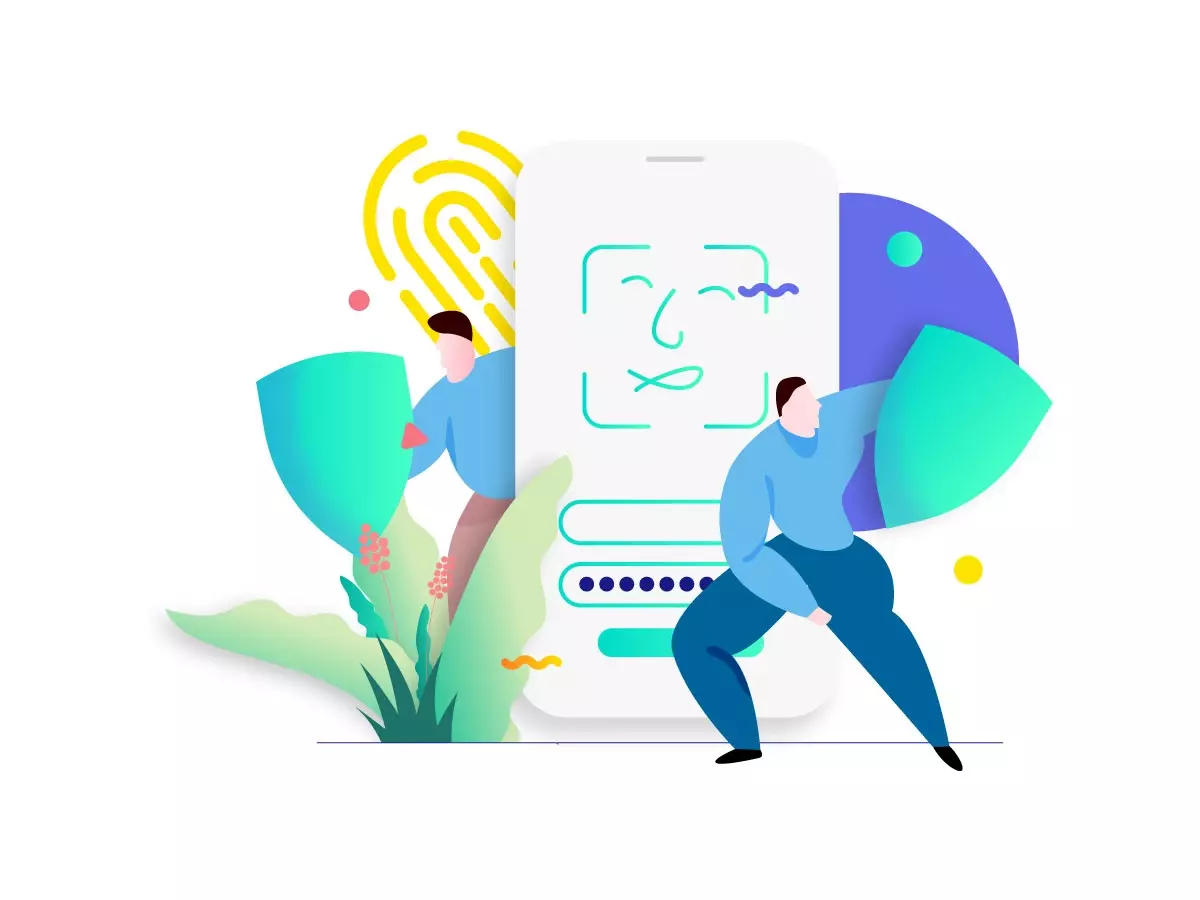
As customers are paying through established platforms like the Apple App Store and the Google Play Store, you will not have to win a customers trust in order for them to make a payment.
Customers are also aware that they have a way to make a refund request through a trusted authority, in the event that your Subscription does not meet expectation.
Looking for more information on building e-commerce Apple apps?
Read our business guide to get our latest market and customer research, perspective and recommendations on building Apple e-commerce apps that use In-App Purchases and Subscriptions.